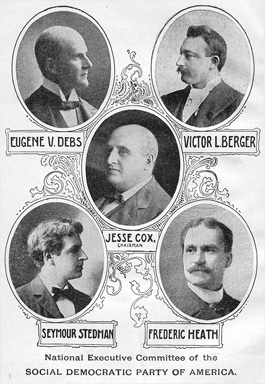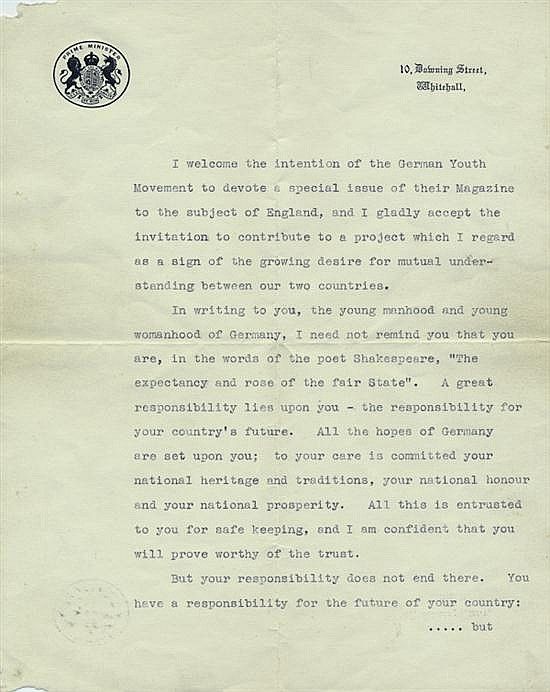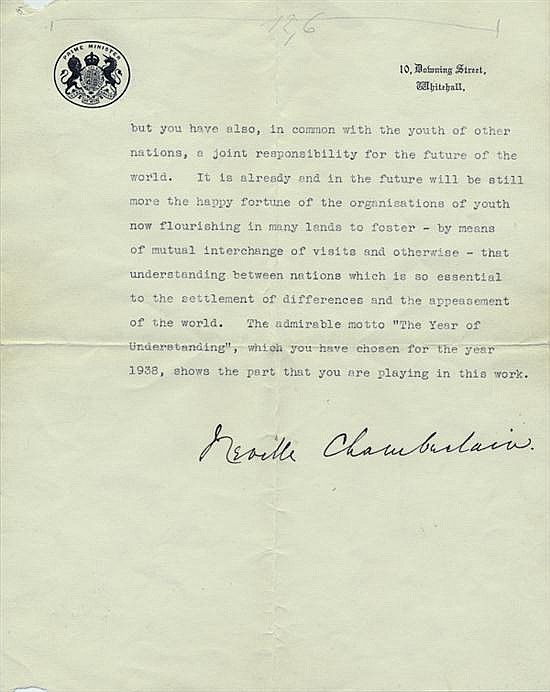In his book "The conservation of natural resources in the United States", Charles Van Hise writes the following: (
Page 337, section: "Conservation and Patriotism")
The eighteenth and nineteenth centuries, during the natural resources of the country were being taken possession of, were naturally times of intense individualism. Each man took freely of the resources, did with them as pleased, and regarded interference from any source as unwarranted. But the private possession of our resources placed a new situation before us and demands of the people the twentieth century different ideals from those that obtained in the past.
If you happen to be a reader of mine, you've noticed the progressives' continued lamenting of the ideas of the eighteenth century.(It helps that I constantly point it out, too) Hise at least is not outwardly arrogant towards those ideas like others have been, but he is clearly rejecting them. Before I get to far into this, Who is C. V. Hise? Hise was an advisor to Theodore Roosevelt, (unsurprising, "Conservation" is largely synonymous with T.R.) and as I wrote in that blog posting, there is a huge eugenic component to conservation. Which is why I titled this the other dark side.
Continuing on page 377:
As already said, so far as possible, each should hold the resources he possesses in trust for the generations to follow. Each should desire only what is right, and right must be defined as that which is best for the future of the race. In short, the period in which individualism was patriotism in country has passed by; and the time has come when individualism must become subordinate to responsibility to many.
In the days of '61 to '65, a million men laid aside personal desires, and surrendered their individualism for good of the nation. Now it is demanded that every shall surrender his individualism not for four years but life, - that he shall think not only of himself and his family, but of his neighbors, and especially of the unnumbered generations that are to follow. It is by the criterion of what is for posterity that we should judge of the interlocking questions of economics and conservation which confront us. Upon this principle should legislation be based. If we recognize this, we shall have made the great progressive fundamental step. When the criterion as to right, the good of posterity, is clearly accepted by the people, no individual or group of individuals can permanently retard progress.
Even here, you can pick up on the eugenical nature of the argument.("Future of the race") But note the clear intent - Conservation has nothing to do with the land itself, in the sense that just having large parts of land owned by government agencies doesn't have to do any harm. But they intend harm. Conservation is the means to an end - individual control. That's why it has a eugenical component. Hise says that "the conservation of man" has a proposal in eugenics, and Roosevelt said that "conservation does not stop with the natural resources". Enter the new patriotism: (page 377, to 378)
But the demand for transformation of the ideals of the individual, who has felt himself free to do with what he has as he pleases, to social responsibility, will be as great a change of heart as has ever been demanded by seer or by prophet. Already we have angry protestations from many who largely possess, when any restraint is proposed. Often those who make such proposals are denounced as dangerous to the welfare of the country. But still the demand will be pressed in upon each man that he shall surrender his individualism so far as is necessary for the good of the race. He who thinks not of himself primarily, but of his race, and of its future, is the new patriot. Only under conditions which permit of education to each, and education as far as his capacities will permit him to go, only under conditions which will give each man an opportunity to rise, will this new era of remedial legislation be safely guided.
Without the widest and wisest system of education, the poor will be led by impulse and not by reason. Without the widest and wisest system of education, those who possess largely will continue to be moved by individualism, as apparently are the group of men who control the anthracite coal of the country, - as if this privilege were granted from on high instead of by their fellow men.
As you can see, the true reason for conservation was(is) control. I mean, what is gun control? People control. So too is conservation. It's people control. If you take conservation to a more extreme form, what do you have? Environmentalism. What has the EPA been doing for all these years? Passing regulation to control every aspect of our lives. Take it to it's most extreme form, and you have Agenda 21 and "sustainability". So knowing this history does have a direct current application.(And I say all this while ignoring the eugenical aspect) As we've all seen on issue after issue in our current lives, once these progressives get an idea, they never let it go.
First, for those who may not know, the typical eugenist uses the word "race" in the sense of "human race".(or perhaps the Nationalist variant, "Americans" or insert your country)
But second, note that very last line. "As if this privilege were granted from on high" - That goes back to how I opened this posting, and the progressives continued rejection of the Founders vision of Natural Law, the Laws of Nature and Nature's God, and so forth. Government is all to all people.
When I first started doing all of this reading, conservation was one of the few things that I thought maybe the progressives got right. Maybe it wasn't a means to an end. No, nothing about progressivism is real. Behind every cause they initiate, big government is both the goal and result. And it's not enough to know this instinctually. All of us need to be able explain it in detail and with the facts on our side.
Look at the other language used here by Hise. "The widest and wisest system of education". Who's against that?(on the surface) What he really means of course, is indoctrination and propaganda. But on the surface, this is hard to oppose. He talks about posterity. Now really, who is against making sure there's forests and so forth for future generations? This is not a question you should even begin to answer, because as I have proven, Conservation is about people control.
You won't allow government to control every aspect of your life? You are unpatriotic.
http://tinyurl.com/bql93cl



